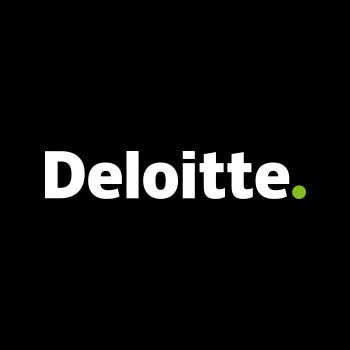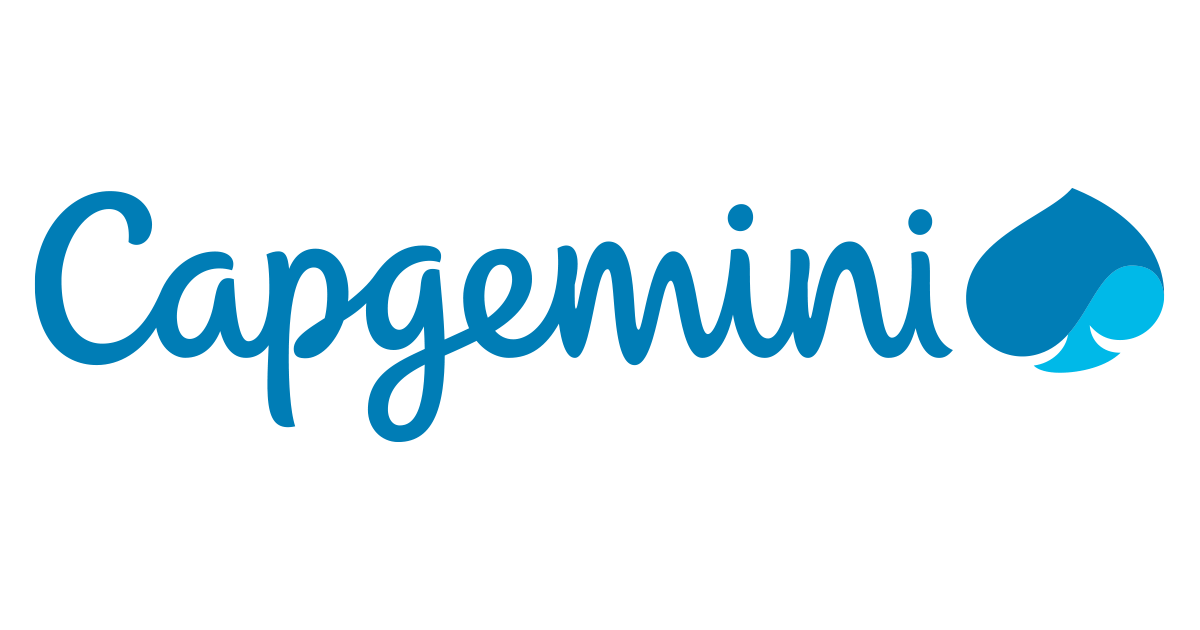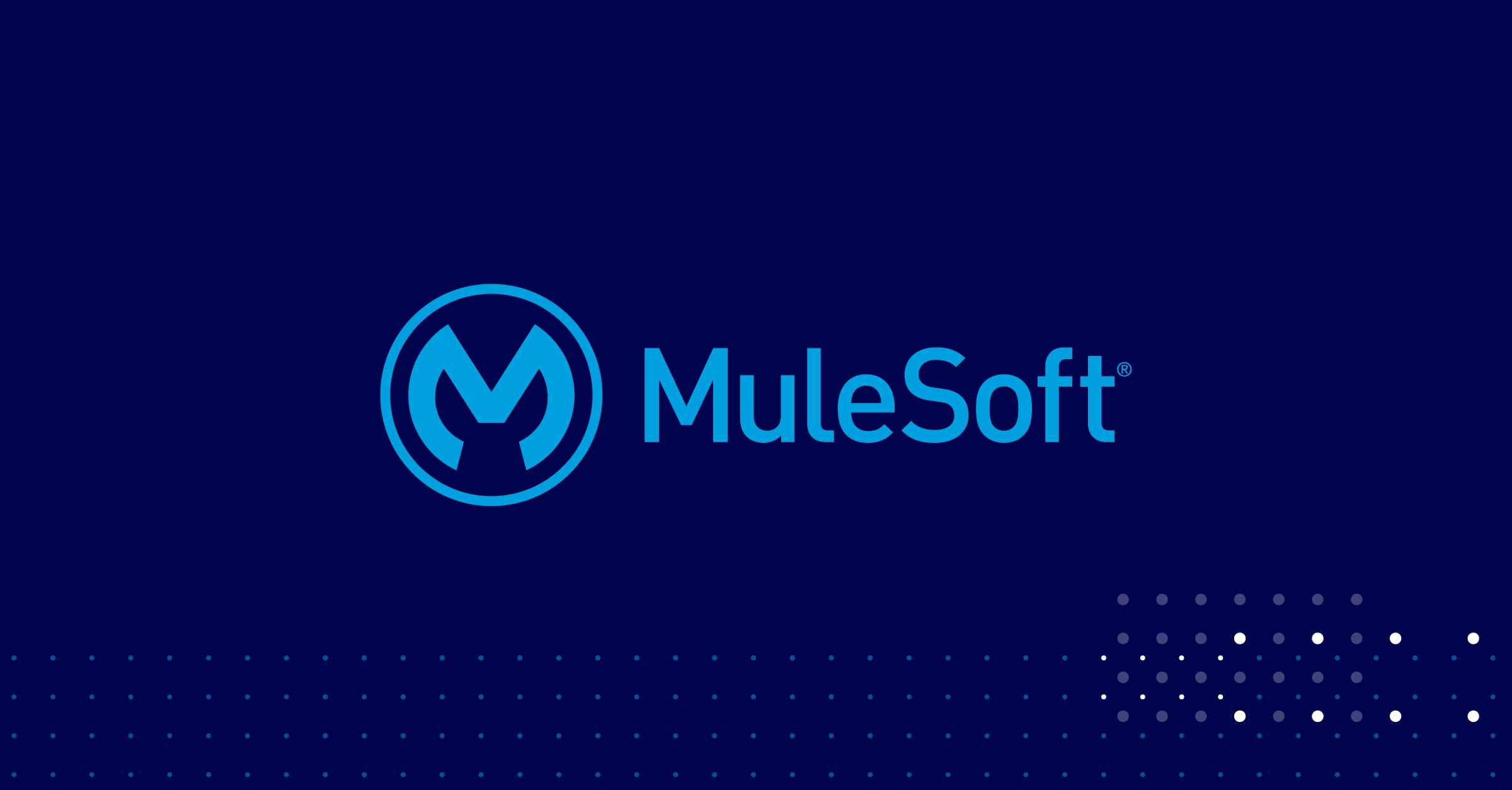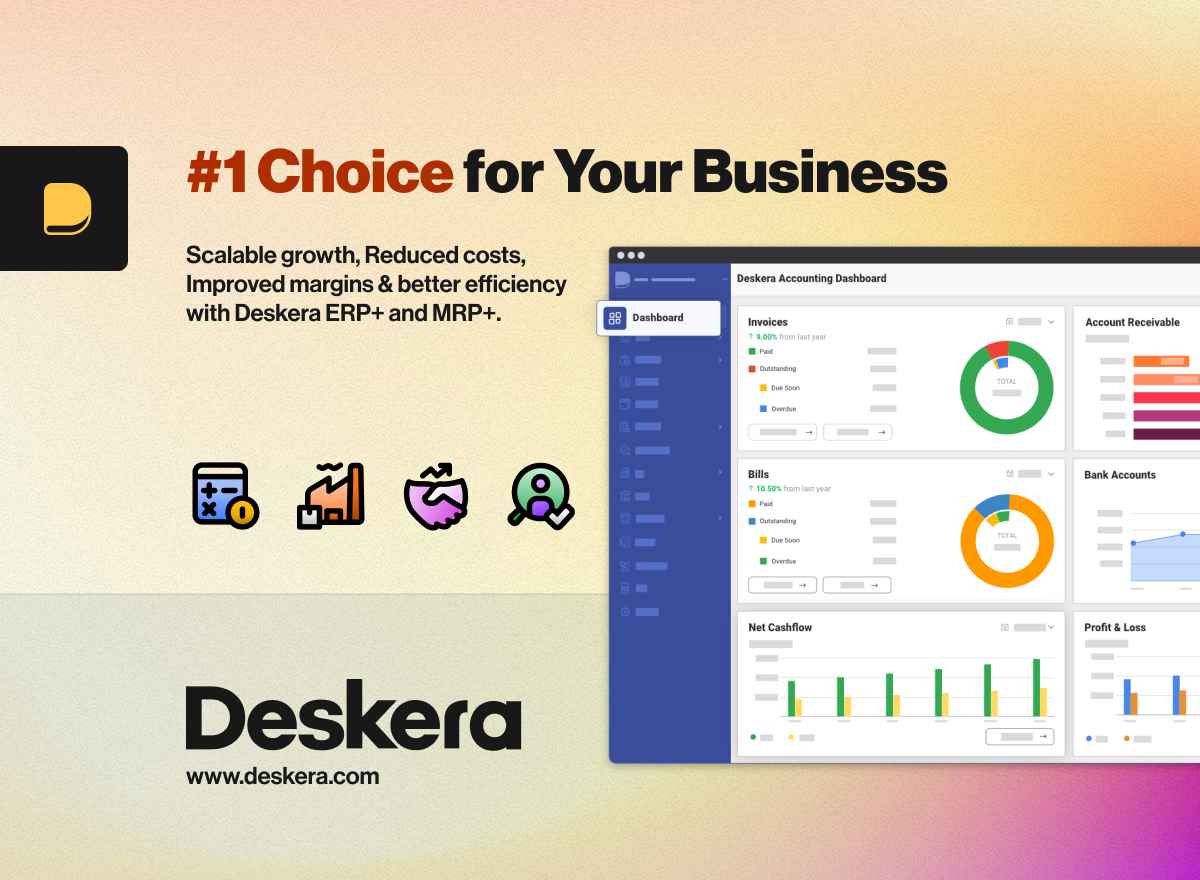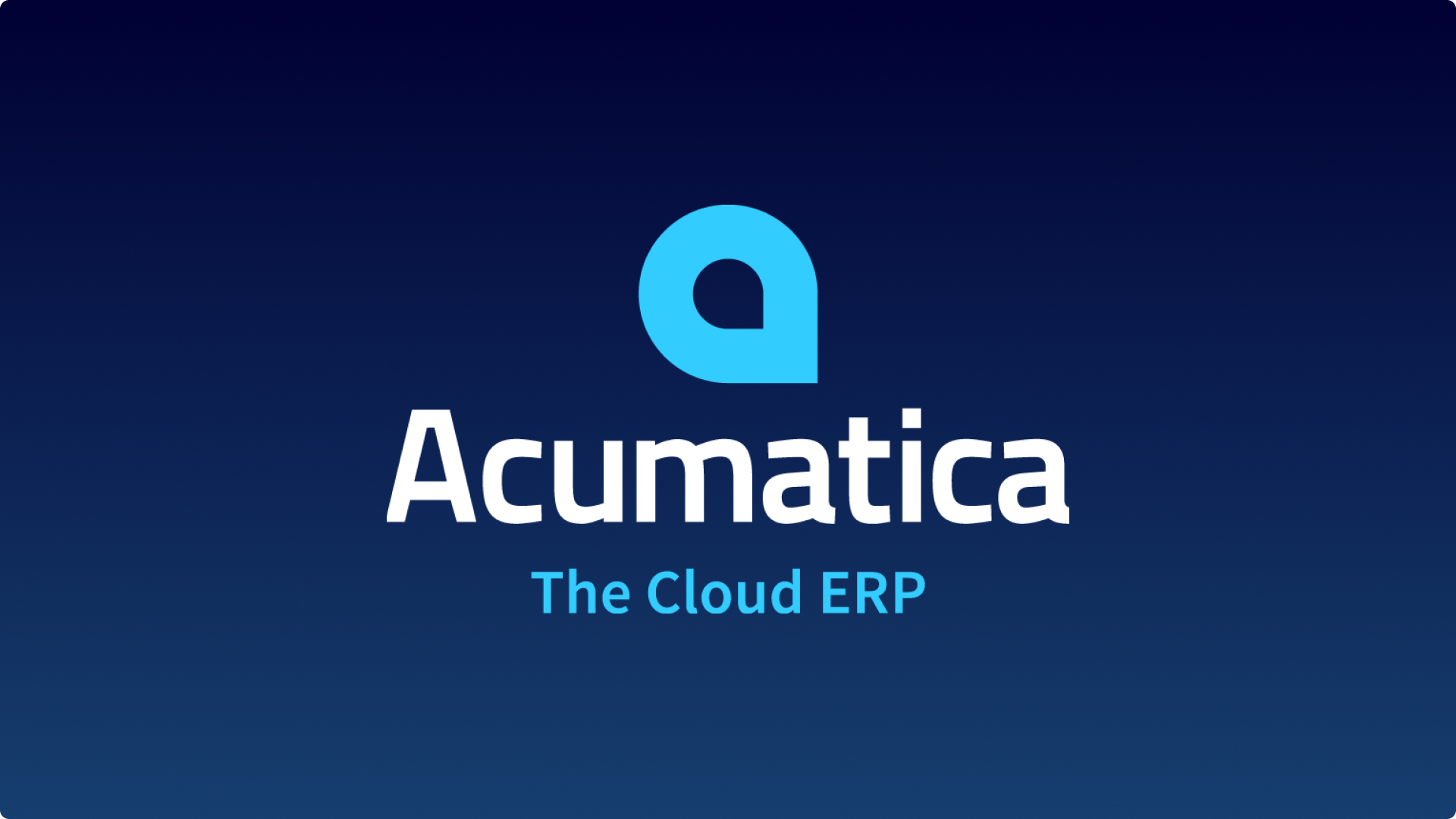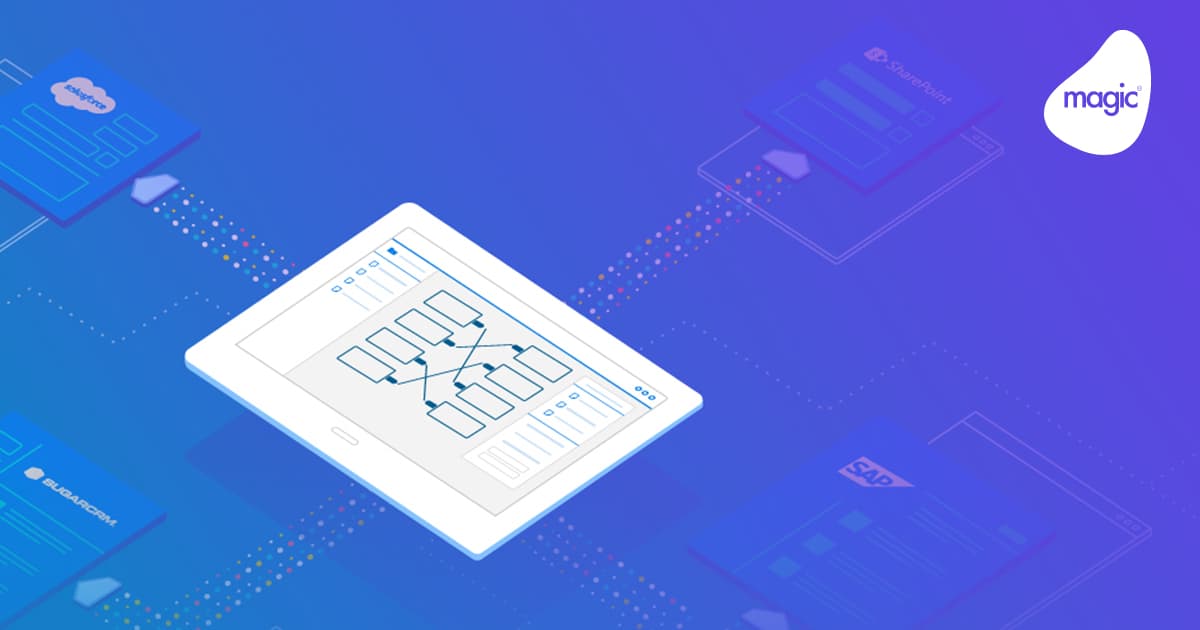Introduction
Electronic data interchange (EDI) has become a critical component of modern supply chain management. By allowing automated and standardized electronic exchange of documents like purchase orders, invoices and shipment notices, EDI streamlines business processes and enhances collaboration between trading partners. However, with so many EDI software options in the market, it can be difficult for organizations to determine the best solution for their requirements. This blog evaluates 15 leading EDI platforms based on features, pricing, customer reviews and other factors to help you choose the right one.
Methods of Evaluation
To rank the EDI software providers, we looked at various factors like features and functionality, pricing and cost structure, customer reviews and ratings, number of pre-built integrations, implementation and support services, and other qualitative parameters. We also leveraged metrics like number of backlinks, average monthly traffic and keyword search trends over the last few years to understand vendor popularity and market presence. This provided a more well-rounded perspective compared to relying just on promotional claims.
1. IBM Sterling Supply Chain
IBM Sterling Supply Chain is a cloud-native electronic data interchange (EDI) and supply chain integration software offered by IBM. As a leader in enterprise applications, IBM provides a robust suite of supply chain solutions including EDI, integration, and visibility tools to help streamline logistics processes.
Pros: Key advantages of IBM Sterling Supply Chain include:
– Robust supply chain suite from IBM, an experienced leader in enterprise applications
– Domain depth for complex, logistics focused processes like EDI, freight rating and transportation management
– Strong process automation and visibility features to integrate suppliers, partners and optimize operations
– Global implementation expertise and managed services for multi-country rollouts
Cons: A potential disadvantage is the large upfront implementation costs that come with selecting a full-featured enterprise solution from a major vendor like IBM. However, IBM aims to offset this with long-term managed services contracts.
Pricing: Pricing for IBM Sterling Supply Chain is customized based on the specific solution requirements, industry, geography and managed services included. IBM sales representatives can provide quotes after evaluating individual organizational needs and scopes of implementation.
Some key stats about IBM Sterling Supply Chain include:
– Over 12,000 customers globally across various industries
– Integrations pre-built for over 45 ERP/TMS systems
– Processes over 2 billion transactions per month
– Runs on IBM Cloud to ensure reliability, security and scalability
2. Deloitte Digital
Deloitte Digital is the digital consulting business of Deloitte that helps companies reinvent the way they do business. With over 200 full-service studios around the world, Deloitte Digital offers strategy, design, marketing and technology services to help organizations become better digital businesses.
Pros: Some key advantages of Deloitte Digital include:
– Leading system integrator and consulting brand
– End-to-end digital transformation capabilities including strategy, design, marketing and technology services
– Global reach with local implementation teams
– Proven record with Fortune 500 enterprises
Cons: A potential disadvantage is that as a large organization, Deloitte Digital may not be as nimble or agile as smaller digital agencies and consultants.
Pricing: Pricing for Deloitte Digital’s services varies significantly depending on the scope and scale of the project. Clients can expect consulting rates to start from $200-500 per hour for junior consultants and $500-1000 per hour for senior level executives. Larger digital transformation projects typically range from $500,000 to several million dollars depending on requirements.
Some key stats about Deloitte Digital include:
– Over $4 billion in annual revenue
– 200+ offices worldwide
– 50,000+ digital specialists
– 500+ clients in various industries including retail, healthcare, financial services etc.
3. SAP Business One
SAP Business One is a complete small business ERP solution from major software vendor SAP. With over 30 years of experience in enterprise applications, SAP offers Business One as an affordable solution tailored specifically for SMB requirements.
Pros: Some key advantages of SAP Business One include:
– Complete ERP functionality including financials, CRM, manufacturing and more
– Integrated electronic data interchange (EDI) module supports core B2B processes
– Easy to use interface designed specifically for SMB users and requirements
– Wide partner ecosystem for customizations, industry solutions and extensions
Cons: One potential disadvantage is that as a larger enterprise vendor, SAP Business One may be more expensive than some smaller business solutions. However, this is offset by the comprehensive functionality and support from a major player.
Pricing: SAP Business One pricing starts at $99 per user per month for the basic edition. Additional modules, such as EDI, manufacturing etc. have additional associated costs. Discounts are available for annual subscriptions and based on number of users.
Some key stats about SAP Business One include:
– Used by over 50,000 companies worldwide
– Integrated with over 1500 partner solutions and extensions
– Supports 30+ languages and 40+ currencies
– Enabled for multi-company and consolidated reporting
4. CapGemini
CapGemini offers an electronic data interchange (EDI) software solution to help organizations streamline document exchanges between trading partners. Their EDI platform utilizes cloud deployment and API-first integration capabilities.
Pros: Key advantages of CapGemini’s EDI software include: Proven track record as an EDI integrator for large enterprises, Global implementation services and ongoing support capabilities, Cloud-agnostic platform easily scalable for evolving needs.
Cons: A potential downside is the solution may be overkill for some smaller organizations or those with less complex trading partner ecosystems.
Pricing: Pricing is customized based on deployment size, transactions volumes, and required services. CapGemini also offers flexible SaaS subscription and transaction-based pricing models.
Some key stats about CapGemini’s EDI solution include: Support for over 18 industry-specific EDI document formats, Integration with over 200 trading partner systems via API, Supports over 500 commercial and healthcare transactions per second, Over 30 years of experience delivering EDI solutions globally.
5. Magento Commerce
Magento Commerce, now owned by Adobe, is one of the leading ecommerce platforms in the market. It provides a flexible and scalable platform to build powerful online stores. One of its key capabilities is integrated electronic data interchange (EDI) functionalities.
Pros: Some key advantages of using Magento Commerce include:
– Powerful ecommerce platform with built-in EDI capabilities
– Seamless integration with major ERP systems like SAP, Microsoft Dynamics etc.
– Huge app store for customizing and extending functionalities
– Large merchant network already using Magento provides opportunity for easier B2B transactions
Cons: One of the potential disadvantages is that as a more full-featured platform, it requires more technical expertise to set up and manage compared to other simpler options.
Pricing: Magento Commerce pricing starts from $150 per month for the basic ‘Self-Hosted Starter’ plan. It also offers monthly SaaS plans and enterprise packages with custom quotes. Additional costs may include extensions, customizations and integrations with other systems.
Some key stats about Magento Commerce include:
– Used by over 250,000 online merchants worldwide
– Supports multi-site, multi-currency and multi-locale out of the box
– Robust built-in EDI capabilities for seamless B2B transactions
– Over 5000 extensions available on their marketplace
6. MuleSoft
MuleSoft is a leading integration platform as a service (iPaaS) provider that offers a wide range of integration and API management capabilities. Some key products include Mule 4, Anypoint Platform, Anypoint API Manager, and Anypoint Development Kit. MuleSoft provides powerful integration capabilities and pre-built connectors that allow organizations to seamlessly integrate electronic data interchange (EDI) with other systems and applications.
Pros: Some key advantages of MuleSoft include:
– Powerful iPaaS platform for integrating EDI with other systems seamlessly
– Cutting-edge API integration capabilities for building event-driven architectures
– Wide ecosystem of pre-built connectors for common systems like SAP, Oracle, Salesforce etc. that accelerate development
– Pre-built templates and accelerators for common integration tasks like EDI transactions
Cons: One potential disadvantage is the learning curve required to fully leverage the capabilities of the Anypoint Platform. Developers need to spend time getting familiar with concepts like mule configuration and API-led connectivity.
Pricing: MuleSoft offers flexible pricing plans including on-premises licenses and SaaS subscriptions. Pricing is typically based on the number of APIs and integrations. A free trial is available to test drive the platform.
Some key stats about MuleSoft include:
– Over 1,200 pre-built connectors for popular SaaS, enterprise, and legacy systems
– used by over 90% of the Fortune 100
– Supports over 500 cloud integration patterns
– Process over $6 trillion in transactions annually
7. SAP Ariba
SAP Ariba is one of the leading providers of procurement and spend management solutions. Founded in 1996, SAP Ariba offers a comprehensive suite of applications including an extensive electronic data interchange (EDI) platform. With over 4 million users in over 190 countries, SAP Ariba helps organizations automate procurement processes, manage supplier relationships and gain valuable spend analytics.
Pros: Some key advantages of SAP Ariba’s EDI platform include:
– Seamless integration with SAP ecosystems like S/4HANA, Ariba Network, etc.
– Leverages advanced technologies like AI, machine learning and blockchain for optimization
– Dedicated implementation and support teams to help set up and manage the EDI solution
Cons: A potential disadvantage is that the EDI capabilities are tightly integrated into SAP’s broader procurement and spend management offerings. This means the solution may not be as flexible for companies not already heavily invested in SAP products.
Pricing: SAP Ariba offers flexible pricing models for its EDI and procurement solutions starting from per-user pricing to enterprise agreements based on annual spend under management. Interested customers would need to request a custom quote from SAP Ariba sales representatives.
Some key stats about SAP Ariba’s EDI capabilities include:
– Over 25 years of experience in the EDI space
– Integrated EDI solutions for over 50 percent of SAP customers
– Supports all major EDI document types like 850 (purchase order), 810 (invoice), etc.
– Processes over $3 trillion in commerce annually
8. Deskera
Deskera is an all-in-one ERP solution that offers capabilities like accounting, inventory, CRM, payroll, HR and more. In addition, it has strong EDI and supply chain management modules to streamline business processes and exchanges between enterprises.
Pros: Some key advantages of Deskera include: – ERP solution tailored for SMEs with an affordable pricing – EDI and supply chain modules to improve B2B integrations and exchanges – Omni-channel order management allows sales across multiple platforms – Great integration capabilities with popular platforms like Shopify, WooCommerce, QuickBooks etc.
Cons: One potential disadvantage could be its limited capabilities for very large enterprises compared to specialized ERPs.
Pricing: Deskera offers flexible pricing plans starting from $49/user/month for its basic plan up to $99/user/month for its premium all-inclusive plan. It also offers a free 30 day trial to explore all features.
Some key stats about Deskera include: – Used by over 30,000 SMEs globally – Integrates with over 150+ financial institutions and trading partners – Processes over 1 billion transactions annually – Supports 15+ languages
9. Acumatica
Acumatica is a cloud-based ERP software company that provides electronic data interchange (EDI) capabilities within its platform. Founded in 2008, Acumatica is headquartered in El Segundo, California and has over 1,500 customers worldwide.
Pros: Some key advantages of Acumatica’s EDI solution include its cloud-based delivery which eliminates the need for on-premise hardware and reduces IT costs and efforts. It also provides robust APIs and a marketplace of hundreds of integrations that allow customers to easily connect their ERP with other business applications. Additionally, its subscription-based pricing model scales well for companies of all sizes.
Cons: A potential disadvantage is that the subscription pricing model requires an ongoing financial commitment compared to an on-premise licensed software. Additionally, being 100% cloud-based means the solution is reliant on having an internet connection to access EDI functionality.
Pricing: Acumatica offers flexible subscription-based pricing plans starting at $150 per user per month. Additional modules including EDI are priced separately on a per user basis. The company also offers free trials and product demonstrations.
Some key stats about Acumatica’s EDI capabilities include: support for over 30 EDI document types including 850 Purchase Order, 810 Invoice and 856 Advanced Shipping Notice; integration with over 50 trading partners including major retailers and distributors; and delivery of EDI documents via AS2, FTP and VAN.
10. TradeGecko
TradeGecko is a cloud-based inventory management and multi-channel sales platform for product businesses. Founded in 2015 and headquartered in Singapore, TradeGecko helps over 10,000 merchants globally manage their products, orders and shipments across multiple sales channels like Amazon, Shopify, Lazada and more.
Pros: Key advantages of TradeGecko include:
– Easy to set up multi-channel integrations for selling on marketplaces and your own website
– Strong inventory management capabilities to avoid stockouts or overstocking
– Real-time syncing of orders, inventory and customers across all sales channels
– Comprehensive analytics and reporting to analyze sales performance
Cons: A potential disadvantage is that it lacks some advanced features found in more expensive enterprise-grade platforms, such as additional customization options for complex businesses processes.
Pricing: TradeGecko offers three pricing tiers – Basic ($49/month), Standard ($99/month) and Premium ($199/month). Pricing is based on the number of products, orders and sales channels being used.
Some key stats about TradeGecko include:
– Used by over 10,000 merchants globally
– Integrations with over 30 channels including Amazon, Shopify, eBay, Walmart and more
– Raises over $80M in funding from investors
– Named a leader in the 2022 Gartner Magic Quadrant for Multi-Enterprice Commerce Platforms
11. Ascend2
Ascend2 is an electronic data interchange (EDI) and integration platform purpose-built for automotive suppliers. Founded in 1999, Ascend2 helps automotive suppliers streamline business processes, enhance supply chain visibility and ensure compliance through its EDI and integration solutions.
Pros: Some key advantages of Ascend2 include:
– Dedicated focus and expertise in the automotive supplier ecosystem
– Powerful visibility tools that provide real-time monitoring of transactions to maximize compliance
– Integrations with major shop floor and MRP systems to streamline operations
Cons: One potential disadvantage is that, as a specialized solution for the automotive industry, Ascend2 may not be as applicable for other industries compared to more general EDI software.
Pricing: Ascend2 offers flexible pricing plans tailored to business needs, from basic transaction-based plans starting at $0.25 per transaction up to enterprise plans with unlimited transactions and bundled integration services. The platform also offers a free 30-day trial to test the software.
Some key stats about Ascend2 include:
– Used by over 5,000 companies globally in the automotive sector
– Processes over 1 billion transactions per year
– 99.999% uptime assurance
– Dedicated customer support team available 24/7
12. TrueCommerce
TrueCommerce is a leader in electronic data interchange (EDI) software and supply chain management solutions. Founded in 1998, TrueCommerce offers a fully integrated omnichannel commerce platform that seamlessly connects retailers, vendors and trading partners.
Pros: Some key advantages of TrueCommerce EDI software include:
– Industry-leading EDI network with hundreds of trading partners pre-connected
– Flexible deployment options – can be used on-premise or in the cloud
– Integrates with many popular solutions like Microsoft Dynamics, SAP and Salesforce
– Excels at transforming suppliers into trading partners quickly
Cons: One potential disadvantage is that the system may require implementation services and setup which involves costs and time compared to simpler plug-and-play solutions.
Pricing: TrueCommerce offers flexible pricing models depending on requirements including yearly subscriptions, transaction fees and tailored Enterprise plans. Contact their sales team for a custom quote.
Some key stats about TrueCommerce include:
– Processes over a billion transactions annually
– Connects to over 130,000 trading partners via its industry-leading EDI network
– Serves over 30,000 customers globally across various industries
13. Magic xpi Integration Platform
Magic xpi Integration Platform is an integration platform as a service (iPaaS) developed by Magic Software Enterprises. Magic xpi allows enterprises to connect their internal systems and cloud applications to automate business processes and integrate legacy systems. It provides centralized management of all integration tasks through a graphical user interface and development environment.
Pros: Some key advantages of Magic xpi Integration Platform include: Robust iPaaS solution tailored for EAI requirements, Automates legacy integration modernization, Pre-built adapters reduce development effort, Consolidates integration monitoring.
Cons: One potential disadvantage is that the platform may have a relatively high total cost of ownership compared to some open source integration platforms due to licensing costs.
Pricing: Magic xpi Integration Platform pricing is based on the number of integrations, the volume of data transferred, and required add-ons. Contact Magic Software for an exact quote customized to your specific integration needs and volumes.
Some key stats about Magic xpi Integration Platform include: supports 450+ pre-built connectors; processes over 15 billion integrations monthly; over 1,000 enterprise customers globally; over 25 years of integration expertise.
14. SPS Commerce
SPS Commerce is a leading provider of electronic data interchange (EDI) software. Founded in 1987, the company helps thousands of retailers, distributors and logistics companies securely manage and fulfill electronic transactions like orders, ship notices and invoices between trading partners. The SPS platform streamlines supply chain collaboration through integration of EDI, inventory management and item data.
Pros: Some key advantages of the SPS Commerce EDI platform include:
– Leading platform for retailers and suppliers
– Advanced analytics and business intelligence tools
– Robust APIs for easy integration with other systems
– Detailed order tracking and fulfillment capabilities
– Comprehensive item and catalog management
Cons: One potential disadvantage is the pricing, as SPS Commerce targets larger enterprise businesses. For very small retailers, the costs may be prohibitive compared to cheaper generic EDI options.
Pricing: SPS Commerce offers flexible pricing plans tailored to business needs. Pricing is typically subscription-based starting at around $1,000 per month for basic EDI and catalog publishing capabilities. Additional users, documents and features are priced separately. The company also offers free trials and demos to evaluate the platform.
Some key stats about SPS Commerce include:
– Over 95,000 trading partners connected worldwide
– Processes over 1 billion EDI transactions annually
– Over 30 years of experience in retail supply chain solutions
– Supports all major EDI document types like 850, 810, 856 etc.
15. Fishbowl
Fishbowl is an established EDI software provider that has been in business for over 20 years. It offers a comprehensive solution for managing inventory, orders, shipping, and receiving with built-in EDI capabilities. Fishbowl supports manufacturers, wholesalers, distributors and other businesses that trade electronically.
Pros: Some key advantages of Fishbowl include:
– Strong manufacturing and warehouse modules for production planning and inventory control
– Robust EDI capabilities for seamless trading partner integrations
– Quality management and Bill of Materials modules
– Flexible to scale from basic to complex manufacturing and distribution needs
Cons: One potential disadvantage is that the pricing may be higher than some other options for very small businesses just starting out with basic EDI needs.
Pricing: Fishbowl offers monthly subscription pricing starting at $99 per user per month for their basic EDI plan, increasing to $199 per user for their advanced plan. They also offer annual licenses. Custom configuration, integrations and implementation services are extra.
Some key stats about Fishbowl include:
– Over 15,000 customers worldwide
– Supports 20+ currencies and 50+ languages
– Integrates with over 50 accounting and ERP systems like QuickBooks, Sage 100, Microsoft Dynamics GP, and more
– Named a leader in both G2’s ERP Software and Inventory Management Software categories
Conclusion
While all the providers featured here are well-established names in the EDI space, the optimal choice depends on your unique supply chain needs, budget, size, industry and integration requirements. We hope this evaluation provides a comprehensive starting point for shortlisting options. Do your own due diligence by exploring vendor websites, reading case studies and talking to referrals to find the best electronic data interchange software to streamline processes and fuel growth for your business.





